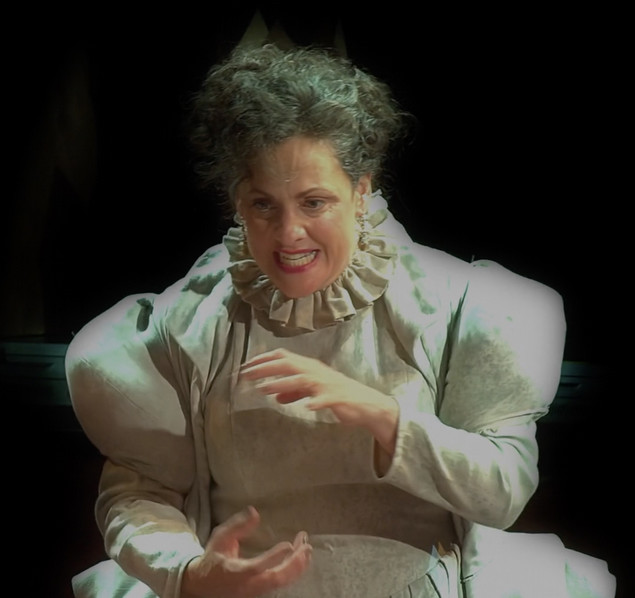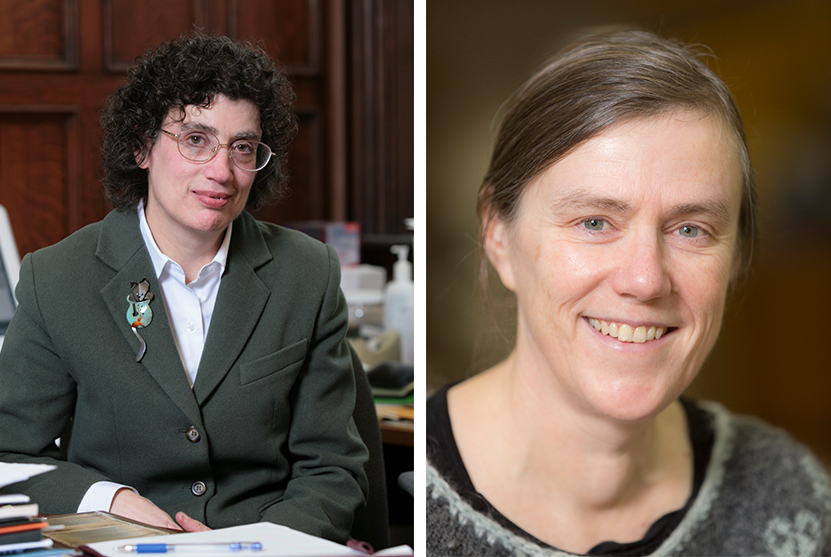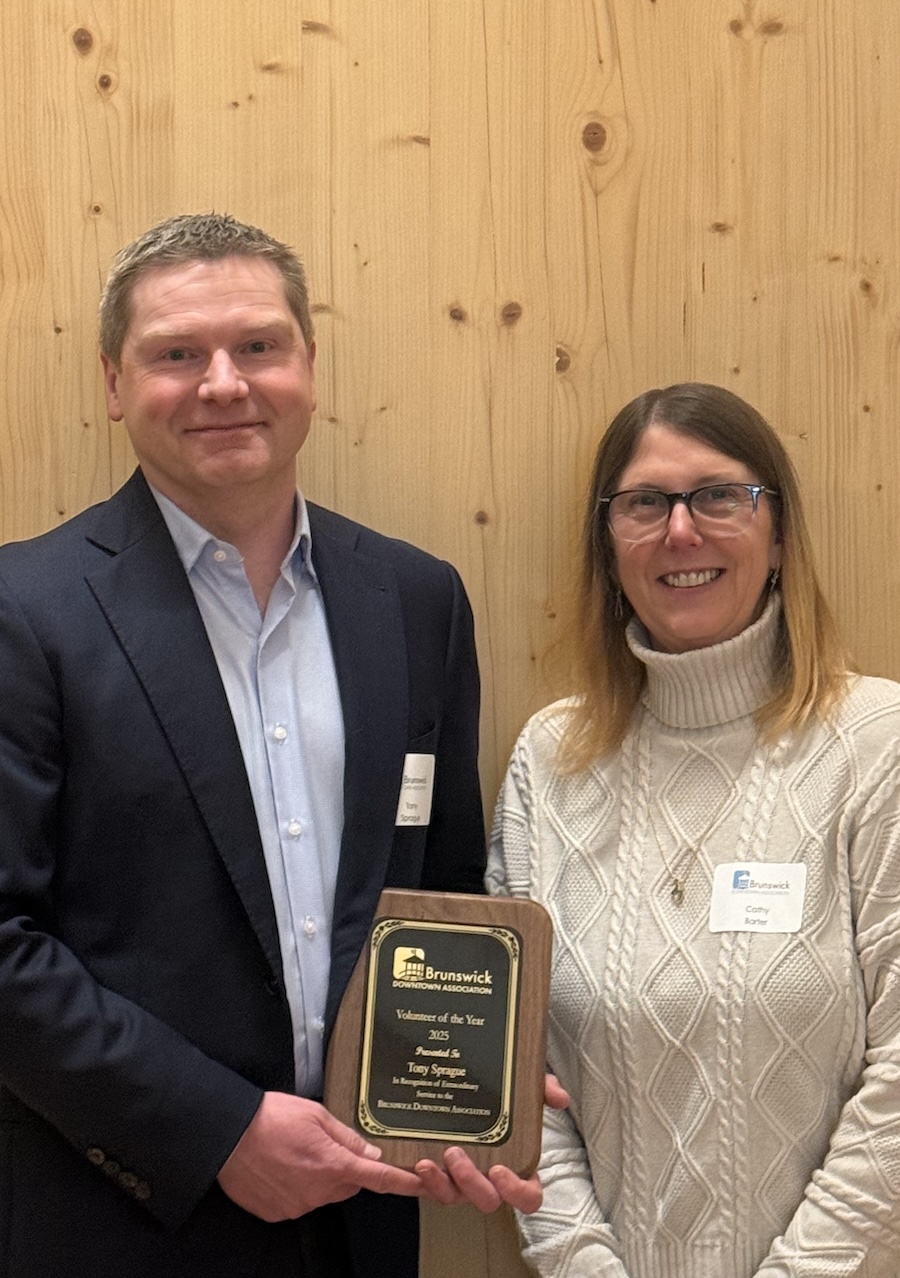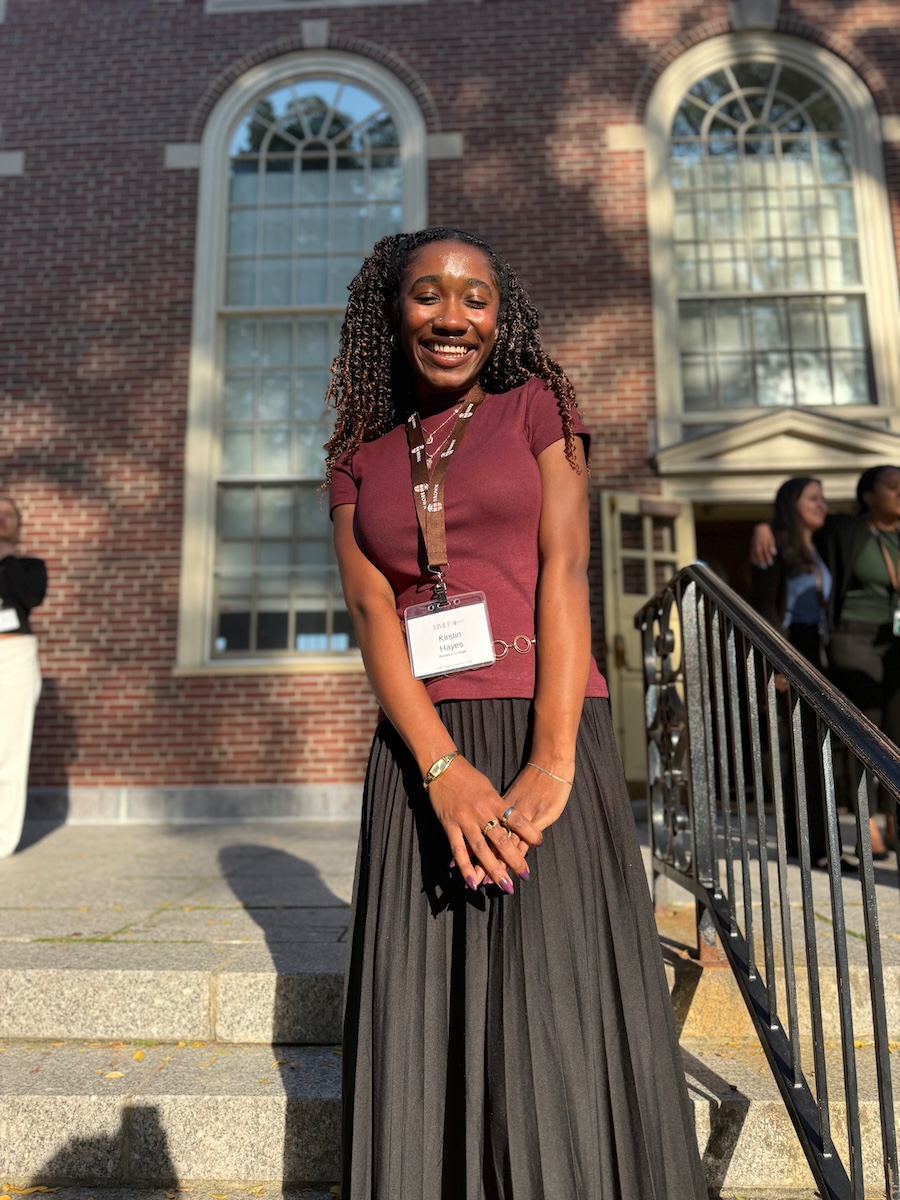Historian Patrick Rael Discusses Abolitionism in Maine on Public Radio
By Tom PorterMaine is often regarded as having played a major role in the abolitionist movement, in no small part due to Harriet Beecher Stowe’s connection to the state. The truth, however, is more nuanced, as Professor of History Patrick Rael helped to explain on a recent radio broadcast.
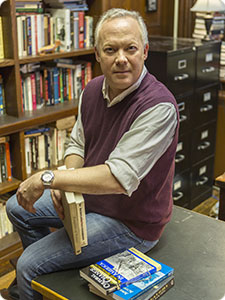
Rael, who specializes in African American history, the Civil War era, and the history of slavery and emancipation, was among the guests on June 5 for Maine Public’s weekday call-in show Maine Calling, when Maine’s role in the fight against slavery was up for discussion.
It’s well known that Stowe wrote Uncle Tom’s Cabin while living in Brunswick and that several Maine communities were involved in the underground railroad. However, according to historians, many Maine residents were ambivalent about the slave trade—an assertion borne out by the fact that while slavery was outlawed here in 1783, it wasn’t until 1833 that Maine's Anti-Slavery Society was organized.
A big part of the story, said Rael, was the economic interdependence between New England, where cotton manufacturing was a major industry, and the slave-holding Southern states, which supplied the raw material. “Maine's economy was tightly linked through the maritime trades with the Southern economy,” he explained, “so Southern cotton would come to Northern states like Maine, … be turned into cloth and then in many instances sold back to the Southern states, sometimes to clothe… enslaved people.”
Another important factor was the risk associated with actively opposing slavery in the early nineteenth century, Rael added. “To be an abolitionist at this time was really to take your life in your hands. It was to become an outsider, a pariah.” While many states had outlawed slavery, there was still widespread opposition to the idea of nationwide abolition. In the 1830s, said Rael, there were anti-abolitionist riots in New York and Philadelphia, while in Boston the prominent abolitionist William Lloyd Garrison was attacked while publicly speaking and dragged through the streets on the end of a rope before the Boston police intervened to rescue him.
“I ask my students ‘Would you have been an abolitionist? Would you have identified yourself with this movement?’ It's very easy today to look back and of course say ‘Yes, we should all have been abolitionists,’” said Rael. “But back then, the normal position was not to do that.”
